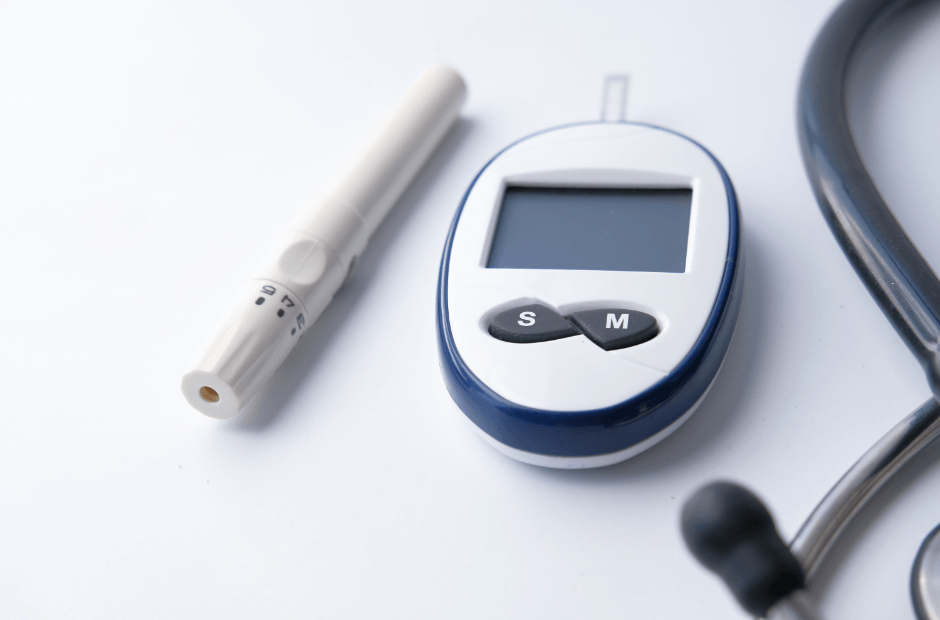
When individuals are aware that they have diabetes, they can begin taking medication and receiving other medical treatment for their condition. However, a delayed diagnosis of diabetes can allow a potentially deadly illness to go unchecked, putting a patient at risk of catastrophic health complications.
In some cases, a delayed diagnosis of diabetes can occur due to negligent oversights by healthcare professionals.
What Is a Delayed Diagnosis of Diabetes?
A delayed diagnosis of diabetes occurs when healthcare providers have the medical evidence needed to diagnose a patient with diabetes or to order the diagnostic tests necessary to confirm a diagnosis of diabetes yet fail to do so. A healthcare provider can contribute to a delayed diagnosis of diabetes by failing to order appropriate testing, misinterpreting test results, prematurely removing the disease from the differential diagnosis, or not correctly evaluating a patient’s medical history or physical condition.
Complications of Delayed Diabetes Diagnosis
When a physician fails to identify a patient with diabetes promptly, the patient may suffer various potentially life-threatening complications, such as:
- Loss of extremities (amputation) due to reduced blood circulation
- Kidney failure caused by blocked blood vessels
- Increased risk of heart attack, stroke, or pulmonary embolism due to increased blood clots
- Impaired vision or blindness
- Loss of nerve function in the hands and feet
- Increased risk of miscarriage or stillbirth
- Hearing loss
- Reduced bone density, osteoporosis, and increased risk of fractures
- Skin/mouth sores or slower healing of wounds
- Gastroparesis (difficulty with emptying of the stomach
- Coma (hyperosmolar hyperglycemic non-ketonic state)
If left untreated long enough, diabetes can eventually have fatal complications.
When Is a Delayed Diagnosis of Diabetes Medical Malpractice?
Proving medical malpractice in a case involving a delayed diagnosis of diabetes may involve complex factual and legal issues. Medical malpractice occurs when a healthcare provider renders medical care that fails to meet the standard of care in a patient’s case. While the specifics of the standard of care vary from situation to situation, healthcare professionals broadly define the standard of care as the treatment decisions and actions that other healthcare providers of similar training and experience would take in similar circumstances.
Delayed diagnosis of Type 1 diabetes can occur when medical professionals diagnose a child’s symptoms as caused by another, more common condition that can present similar symptoms, such as respiratory illnesses, urinary tract infections, or gastrointestinal issues. Diagnosing Type 2 diabetes involves a more complex diagnostic process to rule out other potential conditions. Delayed diagnosis of Type 2 diabetes may occur due to:
- Improperly performed or interpreted blood tests
- Failure to take an adequate patient history or perform physical exams
- Failure to order diagnostic testing to confirm or rule out Type 2 diabetes
- Premature ruling out of diabetes during the differential diagnosis
- Failure to request follow-up visits for patients presenting with pre-diabetic symptoms
Contact an Experienced Medical Malpractice Attorney
If you or a loved one has suffered harm due to a delayed diagnosis of diabetes, you need experienced legal representation to help you secure evidence of medical malpractice and demand fair compensation. Contact the Law Office of Kelley J. Johnson today for a free, no-obligation consultation with an experienced medical malpractice lawyer to discuss your legal options.









